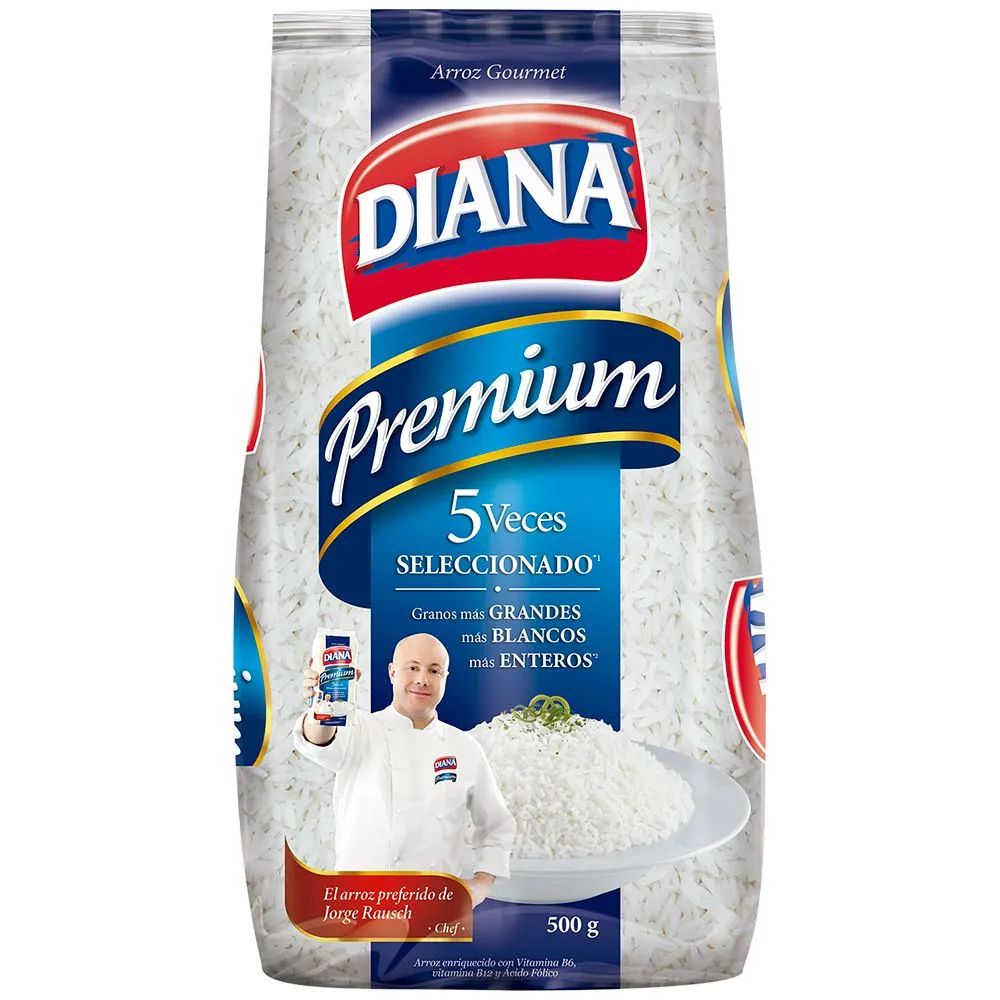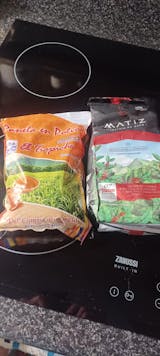Although many countries around the world use unrefined sugar, the name “panela” (from the “baking” process of sugar cane extract) can only be attributed to Colombia (second world producer, after India). ). This is why, depending on the country, panela can be called Chancaca or Papelón (Venezuela, Chile, Argentina or Peru), Piloncillo (Mexico), Rapadura (Brazil, Panama or the Canary Islands in Spain) or Jaggery (India or Pakistan). , among others.
The panela, being pure, its production is free of all kinds of chemical additives typical of the production of refined sugar, which loses the molasses (container of all the nutrients present in sugar cane juice such as minerals, amino acids and vitamins). ) when subjected to processes such as sulfation, decoration and filtration.
Although many countries around the world use unrefined sugar, the name “panela” (from the “baking” process of sugar cane extract) can only be attributed to Colombia (second world producer, after India). ). This is why, depending on the country, panela can be called Chancaca or Papelón (Venezuela, Chile, Argentina or Peru), Piloncillo (Mexico), Rapadura (Brazil, Panama or the Canary Islands in Spain) or Jaggery (India or Pakistan). , among others.
The panela, being pure, its production is free of all kinds of chemical additives typical of the production of refined sugar, which loses the molasses (container of all the nutrients present in sugar cane juice such as minerals, amino acids and vitamins). ) when subjected to processes such as sulfation, decoration and filtration.











